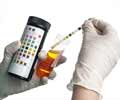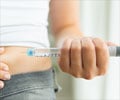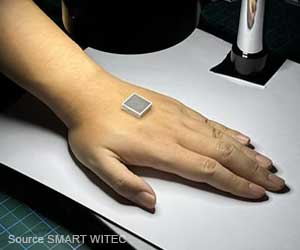Management of diabetes by self monitoring of blood glucose levels is made easier even now by the use of advancements.
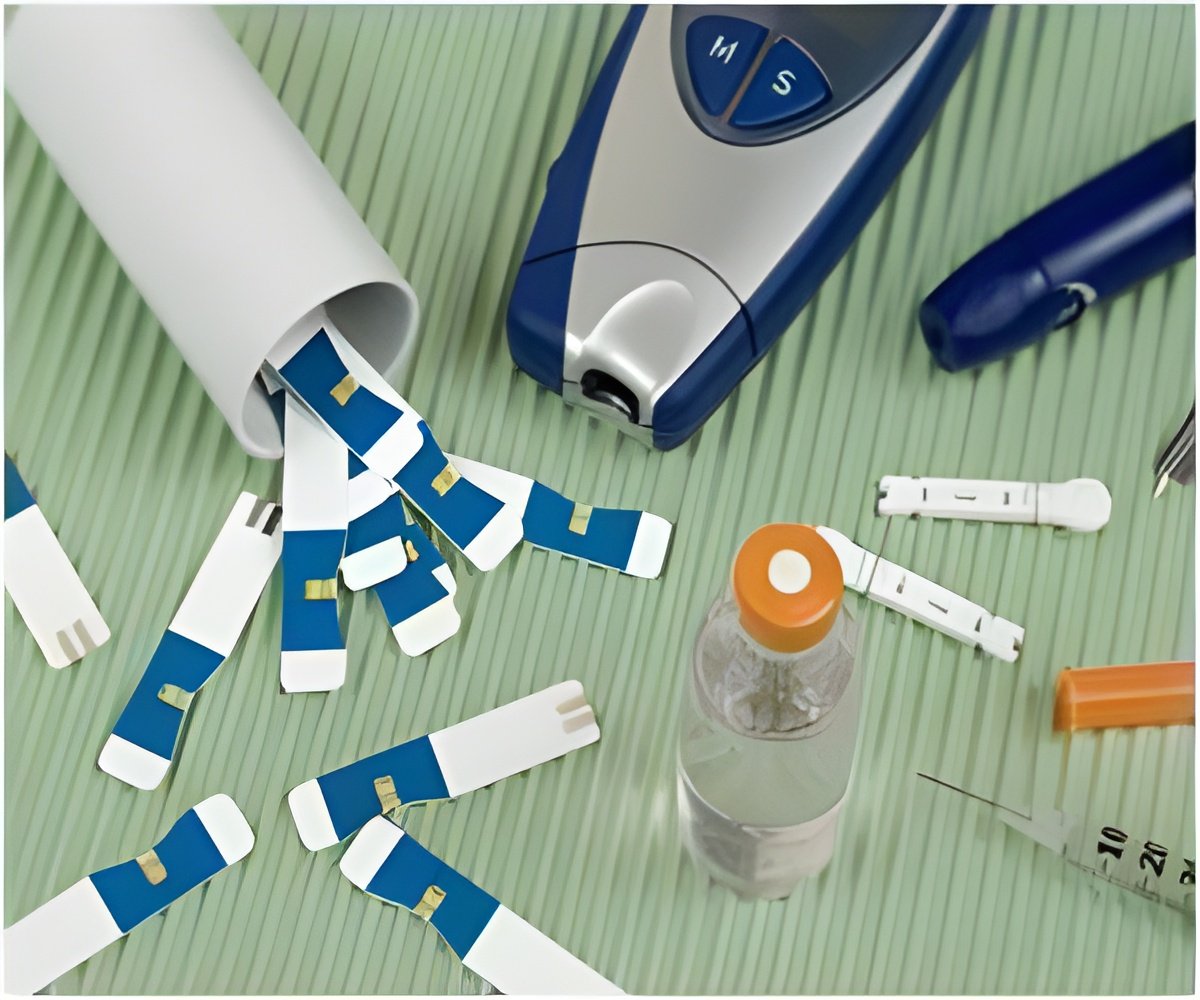
Data is transferred from the glucometer to the smart phone for in-depth analysis. A new device, which connects glucometers to smartphones wirelessly, awaits its release.
The Diabeto is paired with a smartphone via Bluetooth and plugs into the jack found on any available glucometers.
Once a reading is taken, you simply start the Diabeto app and the readings automatically show up on the phone. The app provides all sort of charting and there’s also a web application where readings can be analyzed further.
Management of diabetes by self monitoring of blood glucose levels is made easier even now by the use of such handy advancements.
Source-Medindia
 MEDINDIA
MEDINDIA


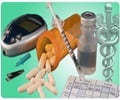

 Email
Email

